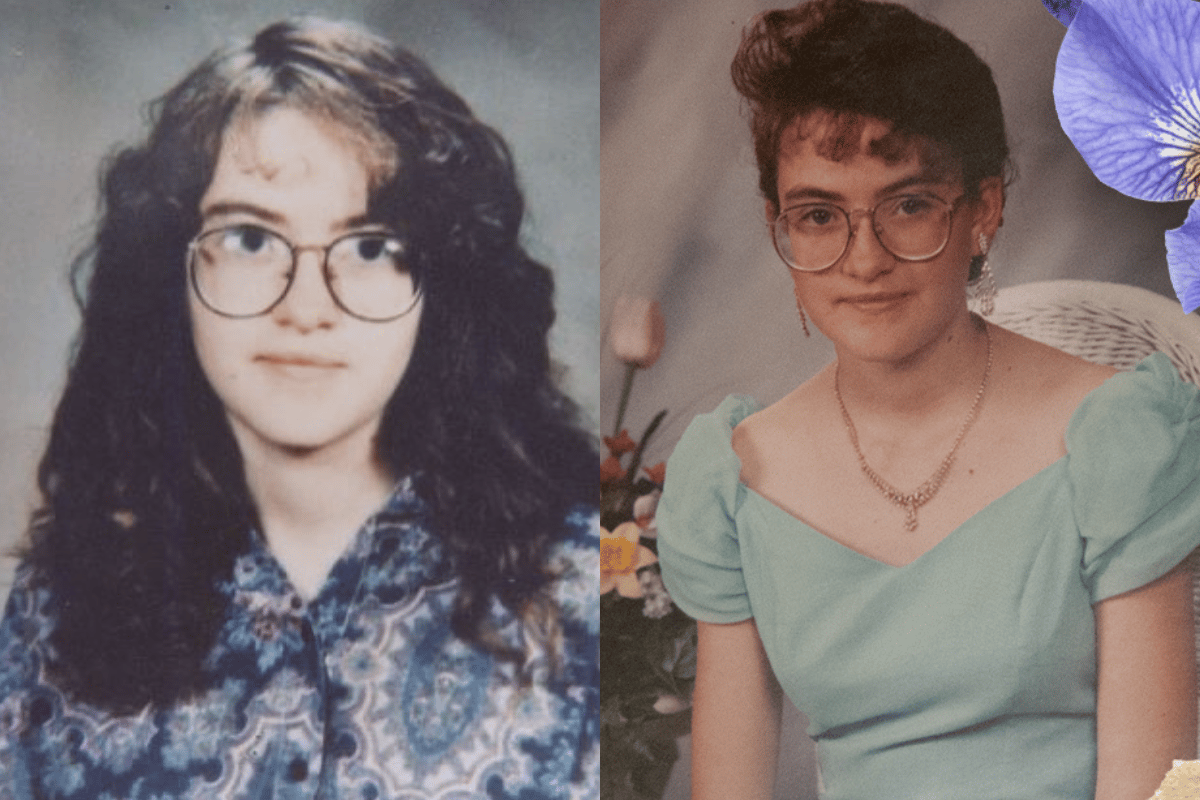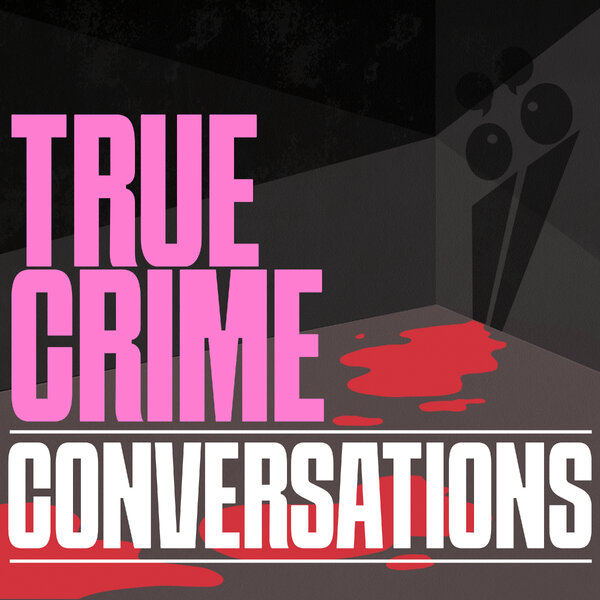
There are some bonds that can't be broken. The connection between a mother and her child is perhaps the strongest of all, capable of spanning decades, and persisting through the darkest of circumstances.
For Mary Ann Harron, her determination to find justice for her daughter Chrissy has been a 30-year testament to a mother's undying love.
In 1993, 15-year-old Chrissy Harron was, by all accounts, a typical Canadian teenager. She didn't love school and had a history of skipping classes.
Listen to Chrissie's story on True Crime Conversations. Post continues below.
"She was messy, a bit of a tomboy and, according to a friend, a bit of an easy target for bullies," as described on Mamamia's True Crime Conversations podcast.
Behind her rebellious exterior was a sensitive girl who, as documentarian David Ridgen would later discover, had "a kind of counter-intuitive nature, that maybe she didn't get along with everybody, but she was very kind."
David Ridgen worked alongside Chrissy's mother for over 15 years as they brought her killer to justice.
On May 18, 1993, Mary Ann and Chrissy had an argument about school attendance. Concerned about the truancy officer, Mary Ann insisted her daughter go to class.
Reluctantly, Chrissy left home. That argument would be the last time she would ever speak to her daughter.
"I think that by trying to get Chrissy to go to school, she was less likely to want to go but, eventually, I think maybe a plan formulated in Chrissy's head, 'Okay, I'll go to school, but not go to school, I'll go to school the long way'," Ridgen, host of Someone Knows Something podcast, told Mamamia.





























































































